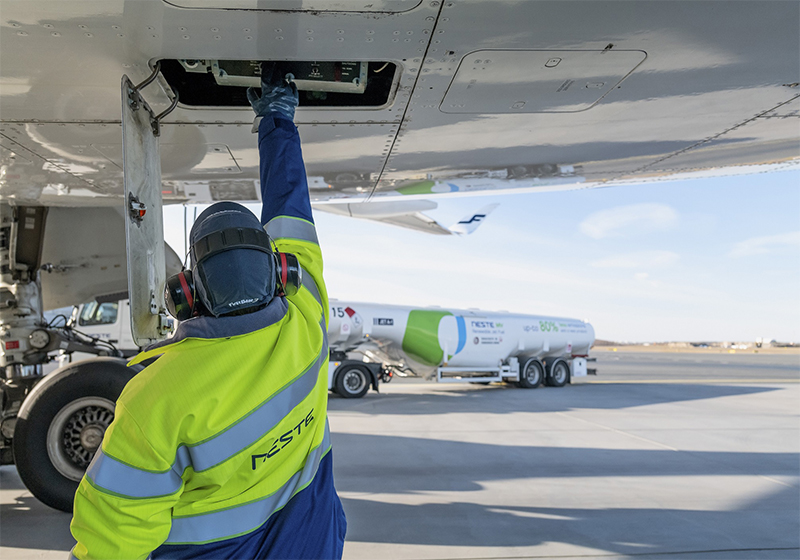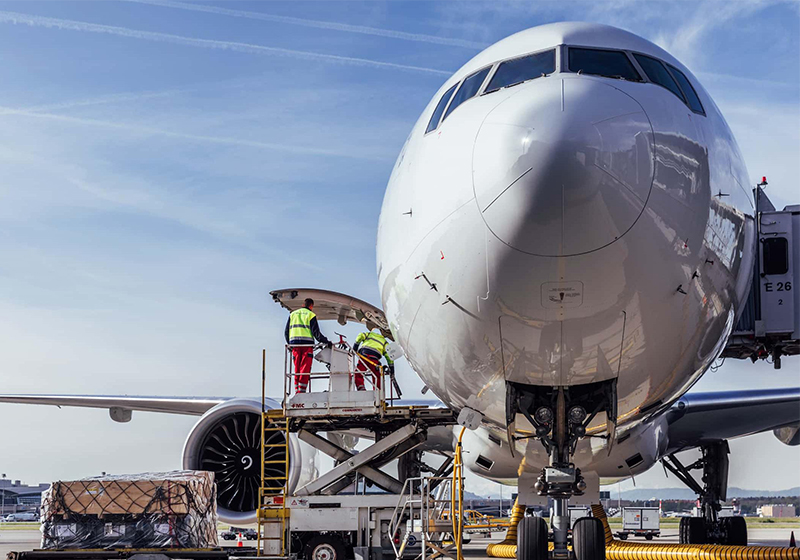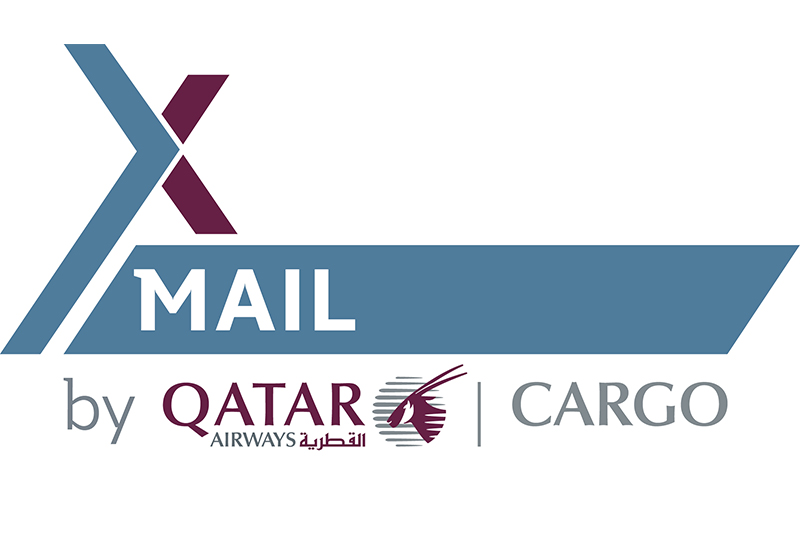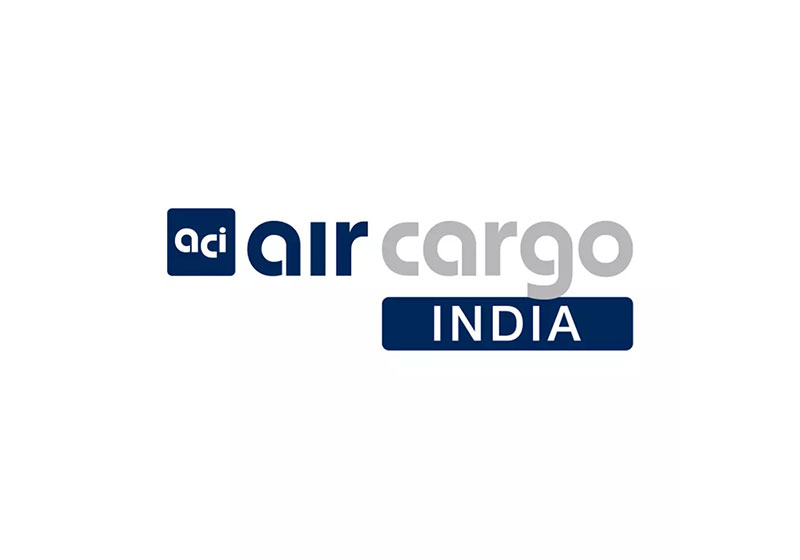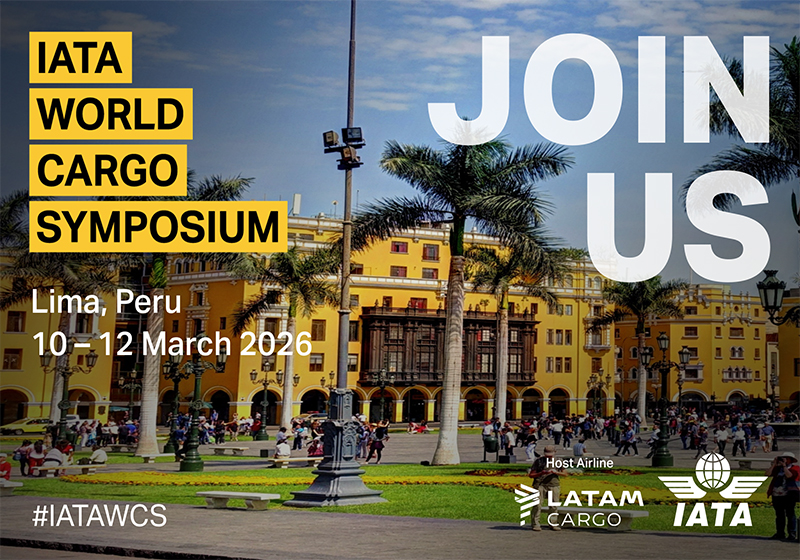Neste, ISCC and DHL Group joined forces to pioneer and test a system through which airlines, logistics service providers and end customers such as corporates can credibly report the emission reduction achieved by using sustainable aviation fuel (SAF) to reduce their carbon footprint from air travel and transport.
This newly developed system provides full traceability of SAF transactions and related sustainability benefits. This ensures that companies purchasing SAF and airlines using the fuel, are able to credibly and transparently claim emission reductions and use them towards their climate targets, while reducing the risk of incorrect sustainability claims and double counting of SAF volumes and their GHG emission reductions.
“ISCC has developed the ISCC Credit Transfer System as a natural continuation of our established and globally used supply chain certification systems. With the ISCC Credit Transfer System, we provide a solution for traceable and credible Scope 1 and 3 emission reduction claims related to SAF use,” said Prof. Dr. Gernot Klepper, Chairman of the ISCC Association.
“SAF is a key solution to reduce aviation related greenhouse gas emissions but it’s also critical for airlines, freight forwarders and shippers, and corporate end-customers to be able to credibly and transparently report their SAF use and related emission reductions. The new ISCC Credit Transfer System is a big step forward as it also integrates with existing sustainability certification systems,” said Jonathan Wood, Vice President Commercial and Technical Management from Neste’s Renewable Aviation business unit.
“At DHL Group, we are already using significant amounts of sustainable aviation fuel to replace kerosine. It is very important for us that there is a registry that ensures transparency and reliability of sustainability claims related to the use of SAF. A registry that regulates all necessary information from fuel suppliers as well as producers and provides traceability along the value chain is key for credible transactions and builds the basis for a trustworthy book and claim mechanism,” stated Dr. Klaus Hufschlag, SVP Sustainability Reporting & Controlling.

